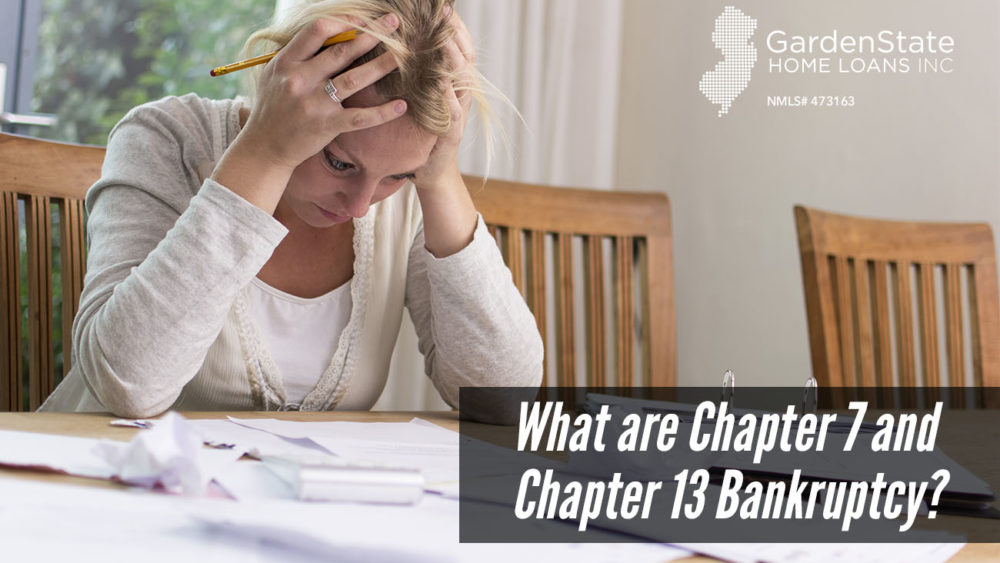Personal Bankruptcy
Bankruptcy allows you to alleviate parts of or all your debt when you can no longer meet obligations to your lender. The two major types of personal bankruptcy are Chapter 7 and Chapter 13 bankruptcy. Since personal bankruptcy laws are complex, be sure to consult an attorney before filing.
Chapter 7 bankruptcy
Chapter 7 bankruptcy allows you to have all or parts of your debt discharged after liquid assets are used to repay some of the debt.
What are liquid assets?
Liquid assets are assets that can be converted quickly into cash. This includes items such as checking and savings accounts. Some liquid assets, called non-exempt assets, must be turned to the court to be distributed among your creditors. Each state has different laws that determine which liquid assets are non-exempt and which are exempt.
After your non-exempt assets have been distributed to your creditors, the remaining debt is discharged. The consumer is no longer liable for any debt that has been discharged and creditors and other collectors cannot attempt to collect these debts.
How do you qualify for Chapter 7 bankruptcy?
Firstly, a person must pass a means test, which proves that their income is less than the median income in their state. If the means test is failed, Chapter 7 bankruptcy can’t be filed. However, you can file for Chapter 13 bankruptcy. Additionally, to qualify for Chapter 7 bankruptcy, you must receive credit counseling.
Chapter 13 bankruptcy
Under a Chapter 13 bankruptcy, a person repays their debt through a repayment plan, typically over three to five years. This repayment plan gets submitted to the court. Once you submit your plan to the court, you must begin making payments, even if your plan hasn’t been approved. A few weeks after you submit your repayment plan, there will be a hearing to approve it. Creditors may object to the payment amounts, but the judge has the final decision. After the payment plan has been approved, you continue to make payments to the court. Once you’ve completed your payment plan, any remaining debt is discharged and you are no longer liable for any of the discharged debts.
Why file for a Chapter 13 bankruptcy?
Chapter 13 bankruptcy works well for people who wish to continue to pay for certain secured debts. Chapter 7 requires you to give up certain assets, so a Chapter 13 bankruptcy may be better for you.


Comments are closed.